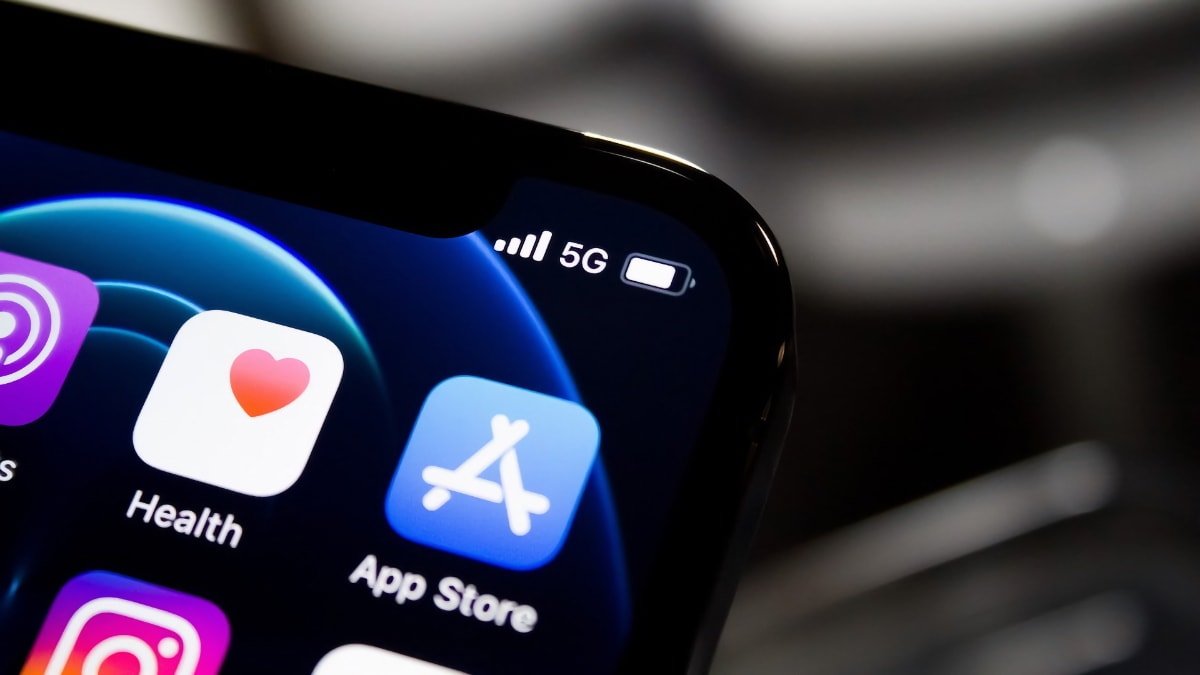Apple is facing a third class-action lawsuit over claims that the company collects user data even with App Tracking Transparency turned off.
Tests from researchers revealed that turning off the setting did not affect analytics data sent from Apple apps, including the App Store, Apple Music, Apple TV, and others. While Apple promises that the information can't identify a user, the data is reportedly transmitted with a permanent ID number that is tied to iCloud accounts, according to Gizmodo.
The text of the third lawsuit is nearly the same as that of the second one. Paul Whalen is the attorney suing Apple in New York, and the suit asks for $5 million in damages.
Class-action lawsuits
The first lawsuit of this nature happened in November 2022, from plaintiff Elliot Libman. It alleges that research has exposed Apple in that it "records, tracks, collects and monetizes analytics data - including browsing history and activity information - regardless of what safeguards or "privacy settings" consumers undertake to protect their privacy."
Specifically, the suit cites "Allow Apps to Request to Track" and "Share Analytics" settings as their main issues with Apple.
Plaintiff Joaquin Serrano filed the second lawsuit on January 6 n the U.S. District Court for the Eastern District of Pennsylvania, alleging similar violation of consumer privacy.
All of these lawsuits stem from researchers from iOS developers Mysk published in November. They found an ID in Apple analytics data referred to as "dsld" and later listed as a "Directory Services Identifier," linked to an iCloud account.
The identifier is included in all analytics data the App Store sends to Apple, with other apps doing the same. Mysk believes it means "your detailed behavior when browsing apps on the App Store is sent to Apple and contains the ID needed to link the data to you."
The behavior reportedly persists in iOS 16, but the researchers could not examine what data was sent because it was transmitted using encryption.
According to attorneys that AppleInsider spoke with after the filing of the second lawsuit, "unlawful interception of a communication" mentioned in the suit is unlikely to hold any weight, nor is an invasion of privacy given the willful use of the device by the user.
 Andrew Orr
Andrew Orr







-m.jpg)






 Amber Neely
Amber Neely
 Mike Wuerthele
Mike Wuerthele
 William Gallagher
William Gallagher



 Wesley Hilliard
Wesley Hilliard









9 Comments
Greed Greed Greed Greed Greed Greed Greed Greed Greed Greed Greed Greed Greed Greed Greed Greed Greed Greed Greed Greed Greed Greed Greed Greed Greed Greed Greed Greed Greed Greed Greed Greed Greed Greed Greed Greed Greed Greed Greed Greed Greed Greed Greed Greed Greed Greed Greed Greed Greed Greed Greed Greed Greed Greed Greed Greed Greed Greed Greed Greed Greed Greed Greed Greed Greed Greed Greed Greed Greed Greed Greed Greed Greed Greed
It’’s not like the lawyers are trying to help anyone but themselves.
While I know Apple only uses this to get basic data & catch fraud ,which they clearly say in terms & conditions I hope this makes the wording more clear & allows for better understanding to user
I bet lawyers release more personal information about clients than Apple does.
Won’t stop until Apple is reduced to Microsoft and Googles ecosystem level of functionality, tech brothers united, and equal in mediocrity.